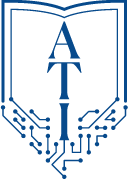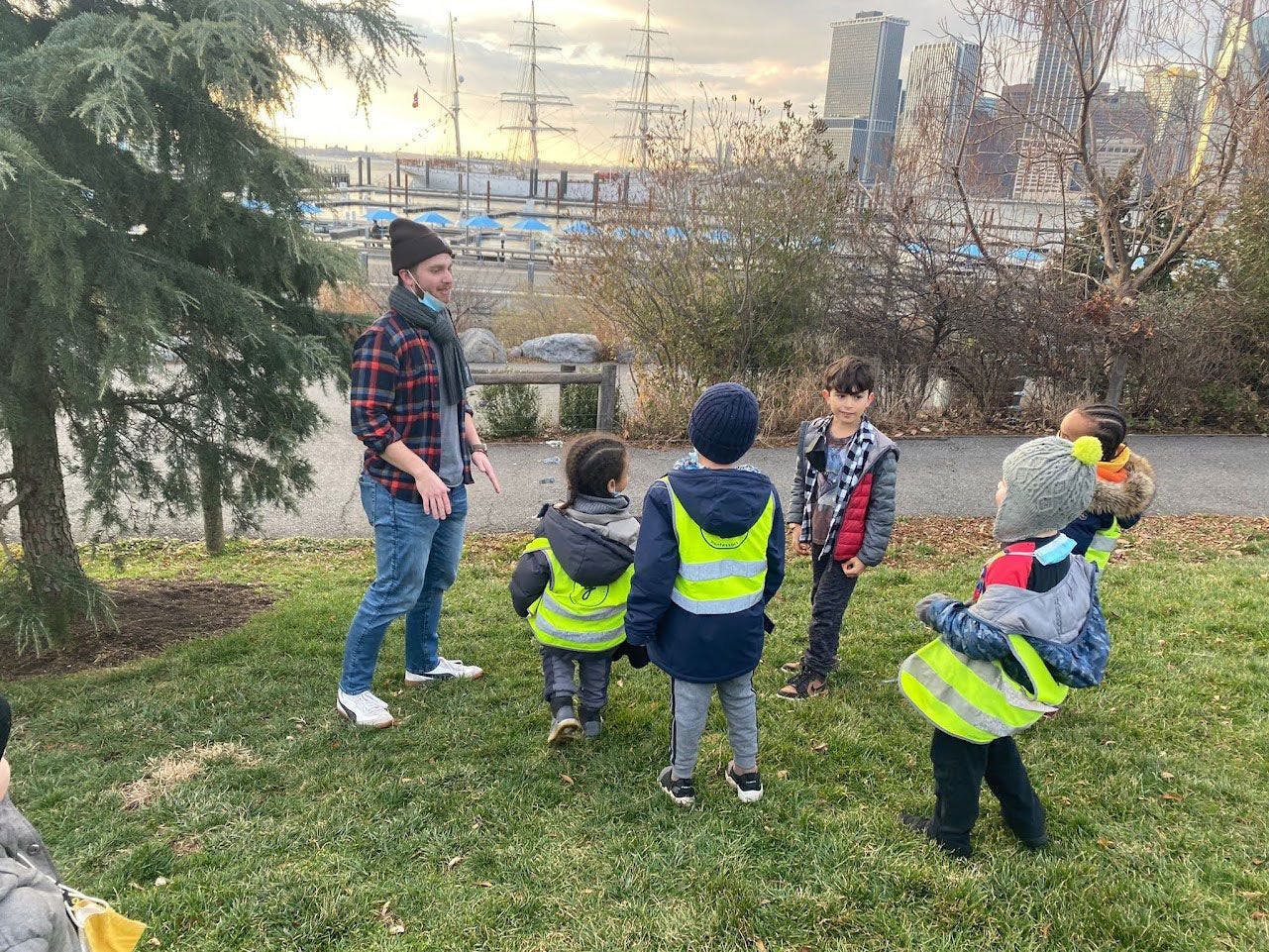Life skills…happiness…academics…voice. Like four levers on an equalizer. Over the years, that is how I have described the way we parents move into the world, seeking a just-right-fit school for our children. No two families are alike. The pattern of preference is a special blend of hopes and dreams, mixed in with a little note of fear. And there are trade-offs. These four are dissonant. One realizes pretty quickly that in the limited time of a school day you cannot “have it all.” The home is also a place of leverage.
As a parent, my equalizer has consistently come down to voice. Yes, the other levers were always in the positive zone–above zero. But in the case of voice, it was off the scale. I remember when my children were very young, I would imagine the little nuances of their personalities blossoming larger than life in an exciting, yet mysterious future. All four of them so very different. I had decided early on that school should never be an obstacle to their voice. It should be a vehicle. If one day at graduation I could not still see that tiny spark of personality, that vibrance in a dawning adult before me… that would be failure. And for me, this was the reason I chose Montessori education–not just for my children, but for my own professional calling.
My youngest son, Filey, just graduated in June and this month started college. What a milestone for our family. One by one, each of them had their graduation moment–the one that would meet my internal test. Did this education live up to my hopes? Can I still see that “potential of the child not yet realized” actualizing before me? Well, the good news is that in some fashion or another the answer to that question was in the affirmative each time. Yet, a moment in time is still one moment. I can say that the actualizing young adult is also still full of anxiety and messiness. But for me, I just wanted assurance that each of them had found their own unique path to meeting the challenges of their lives.
In Filey’s case, I did not have to wait for graduation. A week before the end of the year, my husband and I attended his “coaching look-back” meeting. Coaching is a key component of the Academy of Thought and Industry, Filey’s high school. Back in 2020, Filey joined the virtual program at ATI alongside his brick-and-mortar Yeshivah school (Orthodox Jewish school). Yeshivah schools often do not value college admissions on the equalizer. The synthesis of virtual ATI and physical Yeshivah school would offer him a new set of opportunities to not only decide what he wanted for his future, but develop his analytic skills and writing in new contexts. Filey is also a jazz musician, which requires hours of daily saxophone practice. Early on, Filey’s ATI coach, Ann, worked with him to define his personal goals and to calibrate how to balance the many priorities he now found himself juggling. Over the two-and-a-half years he attended ATI, this became a pivotal tool of his success.
At the “look-back” meeting, Filey shared a digital portfolio board he created in Miro. He reviewed the highlights of his year, focusing particularly on projects he felt demonstrated his growth. One might think this was a typical student-led conference, and in some ways, it was that sort of meeting. But in the most important way, for me as a parent valuing “voice” on my equalizer, it was so much more. You see, the tiny spark I had always seen in Filey from the time he was very young…it was determination.
A boy who experienced two open heart surgeries before the age of five, he is a survivor. From his first months in Montessori children's house, he displayed an extraordinary capacity for order and for following through on work. Others in our family begged us to adopt pets; Filey was the one who ended up feeding and caring for them all. This stick-to-it-ness continued into elementary. He developed an impeccable cursive (even practicing thousands of strokes with a metal pen in a late 19th century penmanship book), constructed beautifully-designed journals, and would research and design very cool "big work" projects on all kinds of interests—from finding a magician mentor and learning all about the history of magic, to deciding he wanted to learn saxophone all on his own, saving money to buy himself an instrument and hire an instructor. In high school he became really interested in personal training and systematically worked himself up to be able to squat 400 pounds during thousands of hours at the gym.
Over the years, his love and dedication to sax, in particular, grew and grew. At all times of the day, he worked to expand his self-taught skills in ear training, theory, and transcription of jazz standards. He started to think he might like to go to a college with a strong jazz studies program. When it was time to apply, he worked for months on his audition tapes, recording, re-recording, and getting feedback from his teacher. This whole process was fully supported by Ann and by the entire administration of ATI. He was finally accepted to his dream program—Jazz at City (CCNY).
You might think, why did I even need to attend the coaching look-back meeting to know that Filey’s “voice” had won the day. Obviously that small determined boy became a graduate with the same gumption and grit he had shown time and time again. That wasn’t the point. I, like many other parents who look back at their many choices and want to know that some of them worked out, wanted to know that school had aided this outcome. As an educator who has dedicated so much to a model I believe allows children with all voices to flourish, I wanted to know if it had worked for mine.
So, there we were listening to Filey reflect on his time at ATI and the moment came when Ann asked him the all-important question, “What did you learn about yourself in the past three years that you will take out into the world?”
(of course, I cried through the whole confident answering of the question)
Filey said: “I learned that I often approach something I want to do with all kinds of self-doubt. I think about how hard it will be and wonder whether I will be successful. But I push those thoughts away. I just begin and do it. One step at a time. Joining Liberal Arts was hard. Physics was hard. Finding time for my music and wondering whether I was good enough was hard. There were times when the thoughts began to overtake me. But I just did it. That is something I will take with me wherever I go.” For me as a parent, this was the moment I knew that, yes, Filey himself is a remarkable young person and, yes, our family influenced him in the ways families do: but it was also his years at ATI that let him know himself so confidently and succeed so fully.
And just so you know the postscript to this story…
The first week of CCNY came. I'll admit, I was more anxious than Filey. I kept thinking of what a competitive program he had joined—would he be discouraged? He had always been in Montessori environments with cooperative and non-competitive cultures.
The first time he came home from a day full of rigorous music classes said it all. He sat down and said two things with a smile:
"Mom, absolutely everyone in the Jazz Studies program is WAY better than me."
AND
"This year is going to be hard work."
I asked him whether he felt discouraged, and he looked back at me with surprise. "I’m not discouraged. I am just going to work hard. That is my focus."
Rivkah Schack is the Senior Director of Adolescent Programming at the Academy of Thought and Industry, and is the mother of four children- including the recent ATI grad profiled here, and an ATI guide supporting students at ATI Museum Mile in New York City.
You May Also Like
Five Reasons I Love ATI Virtual School
Why ATI Virtual School Was Just What These Twins Needed to Succeed
How do grades work at ATI?
- mastery-based assessment
- montessori education

